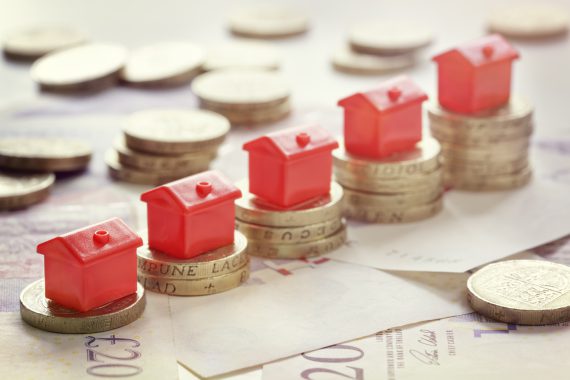The BMA has urged the Government to invest ‘at least’ £1bn capital funding in GP premises.
It said that ‘urgent’ premises funding is needed to improve access to practices, including £1bn originally promised in 2016 which ‘did not reach practices’ in ‘large amounts’.
In a written submission to the Government’s spending review consultation, the BMA called for a ‘major multi-year funding injection’ into the NHS.
The document said: ‘In the coming spending review, the Government should set out bold plans that move beyond pre-Covid spending commitments and significantly invest in the NHS, public health and social care to enable them to cope with the ongoing impact of Covid-19, whilst building up the resilience of these services for the future.’
Further ‘core’ NHS funding, including investment in ensuring the NHS estate is ‘fit for purpose’, is one of the four key areas for investment, it added.
The BMA recommended that the Department of Health and Social Care’s (DHSC) budget should increase by 4.1% per year in real terms, taking it to £164.9bn by 2023/24.
The uplift in funding should cover ‘at least £1bn capital funding for GP premises’, it said.
The document said: ‘The Covid-19 pandemic has demonstrated the need for investment in NHS estates and equipment to ensure they are fit for purpose and able to cope with increased demand.
‘We are now calling for Government to provide a multi-year capital funding settlement for the NHS. This will allow trusts and GP practices to plan for the long term and transform their services and equipment.’
Additional staff recruited into primary care networks (PCNs) – providing an average of five additional staff members per practice in England – will also mean upgrades or extensions to existing premises and new buildings will be needed, the BMA added.
It said: ‘Without this, recruitment of the additional workforce will not be possible, and without the additional workforce the Government will not be able to deliver its commitment to the public of increasing access to general practice.
‘We are therefore calling for urgent capital investment in GP premises, alongside recurrent revenue funding.’
The BMA added that this should include ‘at least £1bn already agreed as part of the GP contract over the next three years’.
This funding ‘had originally been promised by the Estates and Technology Transformation Fund set out in the GP Forward View back in 2016, but large amounts did not reach practices’, it said.
Other BMA funding recommendations include:
- At least £6.5bn capital funding to cover ‘overdue’ maintenance costs;
- At least £4.9bn to tackle the non-Covid care backlog;
- At least £4.2bn capital funding for digital transformation;
- £10m per year for a ‘comprehensive’ occupational health service in primary care;
- Increased pay for doctors who have experienced real terms pay cuts, including ‘recognition’ for GPs’ work during the pandemic;
- And an ‘ongoing commitment’ to maintain ‘adequate’ stocks of personal protective equipment (PPE ), with this year’s £15bn spend repeated for at least 2021/22.
The BMA has long-highlighted the ‘sorry state’ of GP premises, the document added.
Last year, a BMA survey revealed that half of practice buildings were not fit for purpose, while just two in 10 were fit for the future.
And NHS England’s premises review later found that there had been some deterioration in premises due to ‘confusion’ around who is responsible for maintenance.
GP leaders – including the BMA and the RCGP – warned that without ‘urgent’ investment in GP premises, patients could be ‘put at risk’.
Meanwhile, a group of councils from across London pledged to help ‘transform London’s aging GP and primary care premises’ earlier this year.
Pulse October survey
Take our July 2025 survey to potentially win £1.000 worth of tokens












